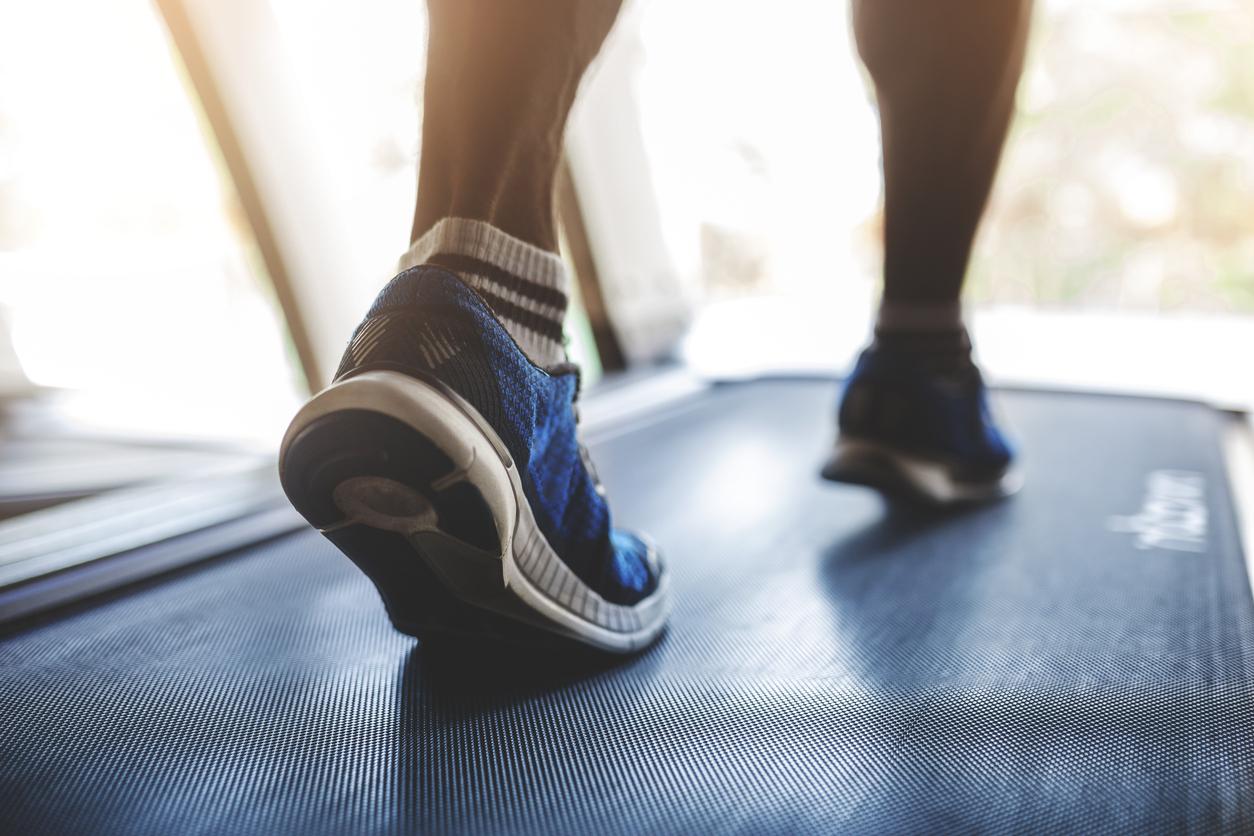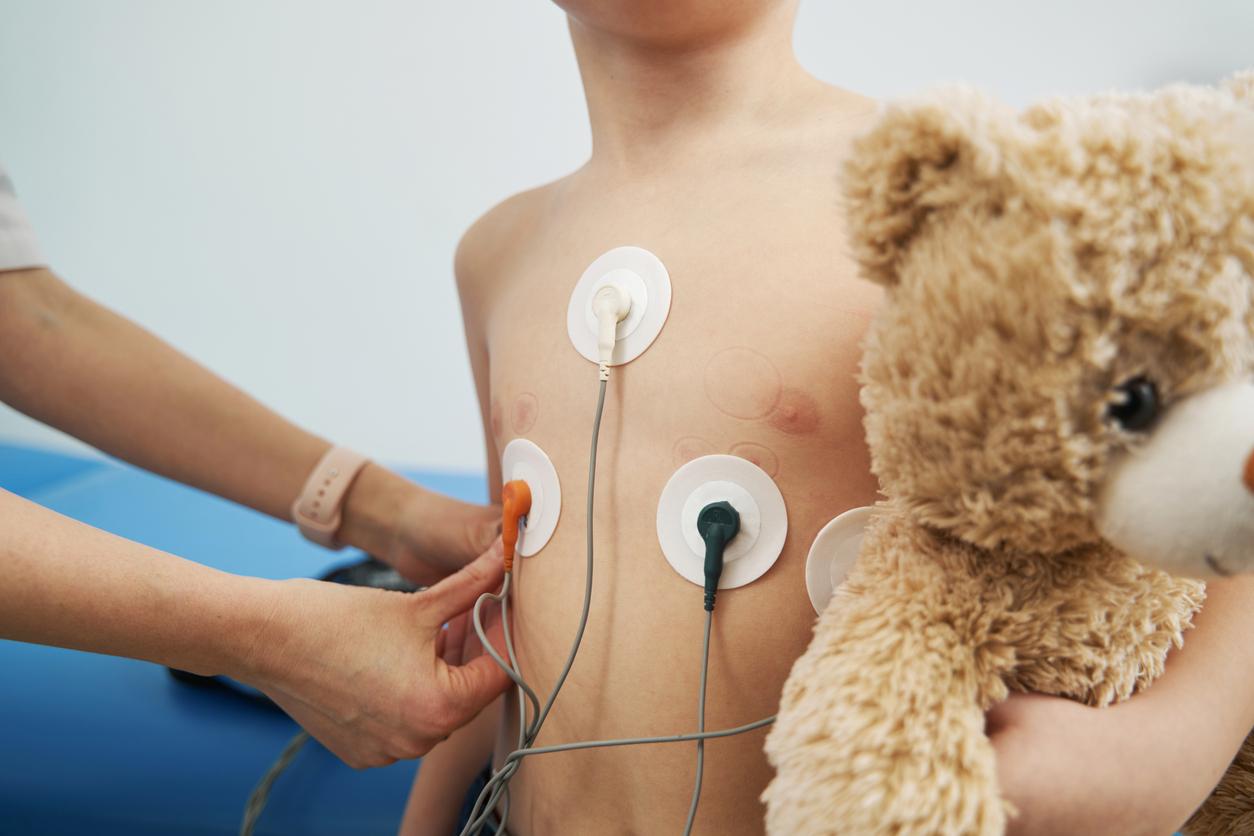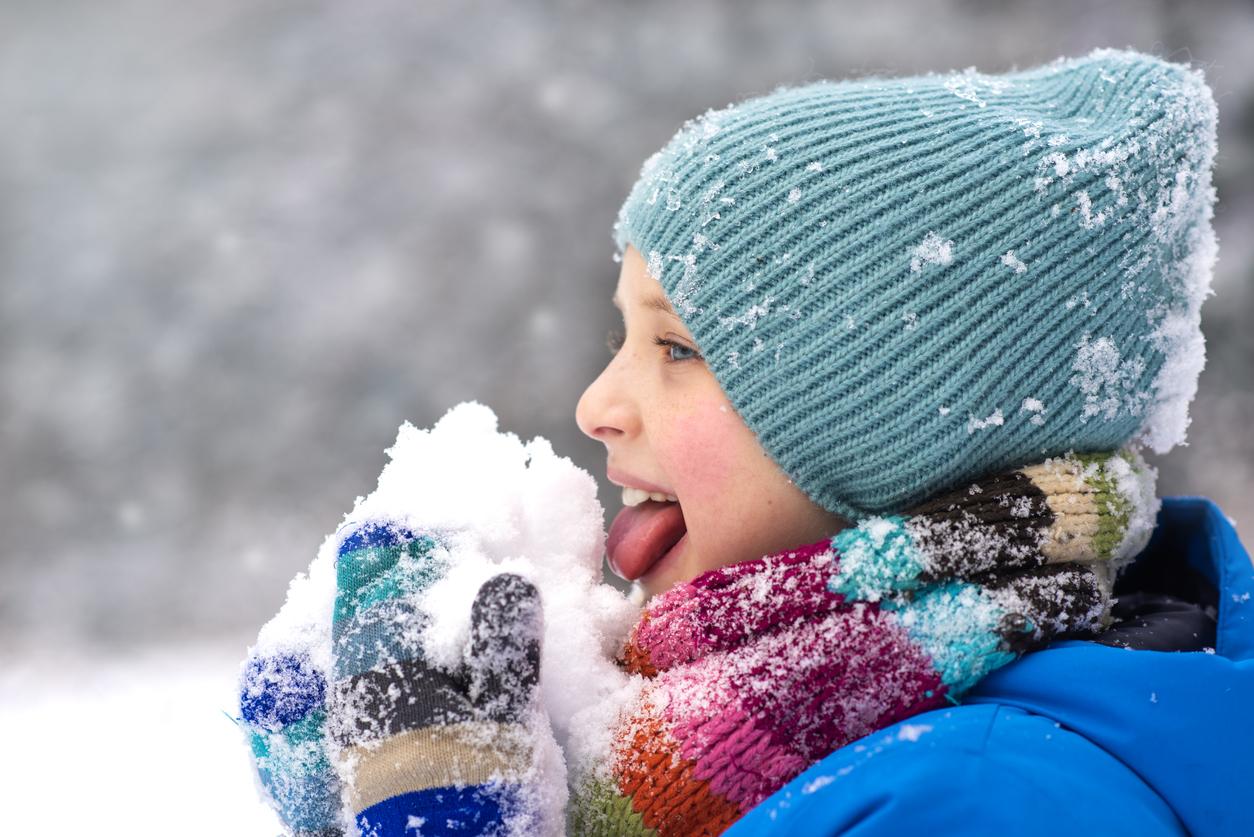End-of-year holiday meals promote weight gain. No worries, however: the extra pounds often end up disappearing quickly thanks to the resumption of moderate physical activity and good hydration.
-1609927898.jpg)
- The pounds gained during the holidays go away on their own with the resumption of professional activity in January.
- To promote this loss, it is advisable to practice physical activity, even moderate, and to hydrate properly.
The chocolates were too tempting, the capon was very well cooked, the mulled wine smelled divine and the raclette cheese was eye-catching. This is how you can sum up the avalanche of food, alcohol, sugar and calories that hit your stomach during the holiday season. If this period readily lends itself to some excesses, these generally translate into kilos on the scale.
Unusual meals, unusual kilos
Don’t worry, those extra pounds can go away on their own, without necessarily paying attention to your diet. If the body has gained weight so quickly, it is because of the excess food swallowed in a very short period. Moreover, with the sedentary lifestyle imposed by these gargantuan meals, the caloric expenditure which normally eliminates part of the food, does not do its job, which leads to a temporary impasto.
With the month of January come good resolutions, but above all, the return to work, which leads to moving more than during the holidays. This resumption of moderate physical activity – although it is minimal for people currently teleworking – will lead the body to draw on its stocks to meet energy expenditure. In addition, as nutritionist Alexandra Dalu points out in Madame Figaro“in the body, we have natural satiety regulators that will automatically make us less hungry after a succession of large meals”, or the situation encountered with the Christmas period.
Muscle, sport and water
To accelerate this weight loss, it is therefore possible to resume physical activity such as walking, but also to build muscle. This is because the food we eat is stored in fat cells in the form of triglycerides. These are then hydrolyzed to release fatty acids, essential for the production of adenosine triphosphate (ATP), the fuel for muscle cells during muscle contraction.
Ultimately, the more muscles you have (and the more regularly you use them), the more effective the destocking of triglycerides will be. Note, however, that this rule works less and less well with age, due to muscle wasting. “The more muscular you are, the faster it will besays Alexandra Dalu. As older people are generally less muscular than younger people, the process will be slower for them.”
Finally, sufficient hydration, of the order of at least 1.5L per day, will be essential to rehydrate the cells, help the kidneys to filter toxins from the body and allow better calorie burning. In addition, thanks to its appetite suppressant action and its absence of calories, it will restrict the absorption capacity of the stomach, which will reach satiety more quickly, which will limit additional weight gain.
.















